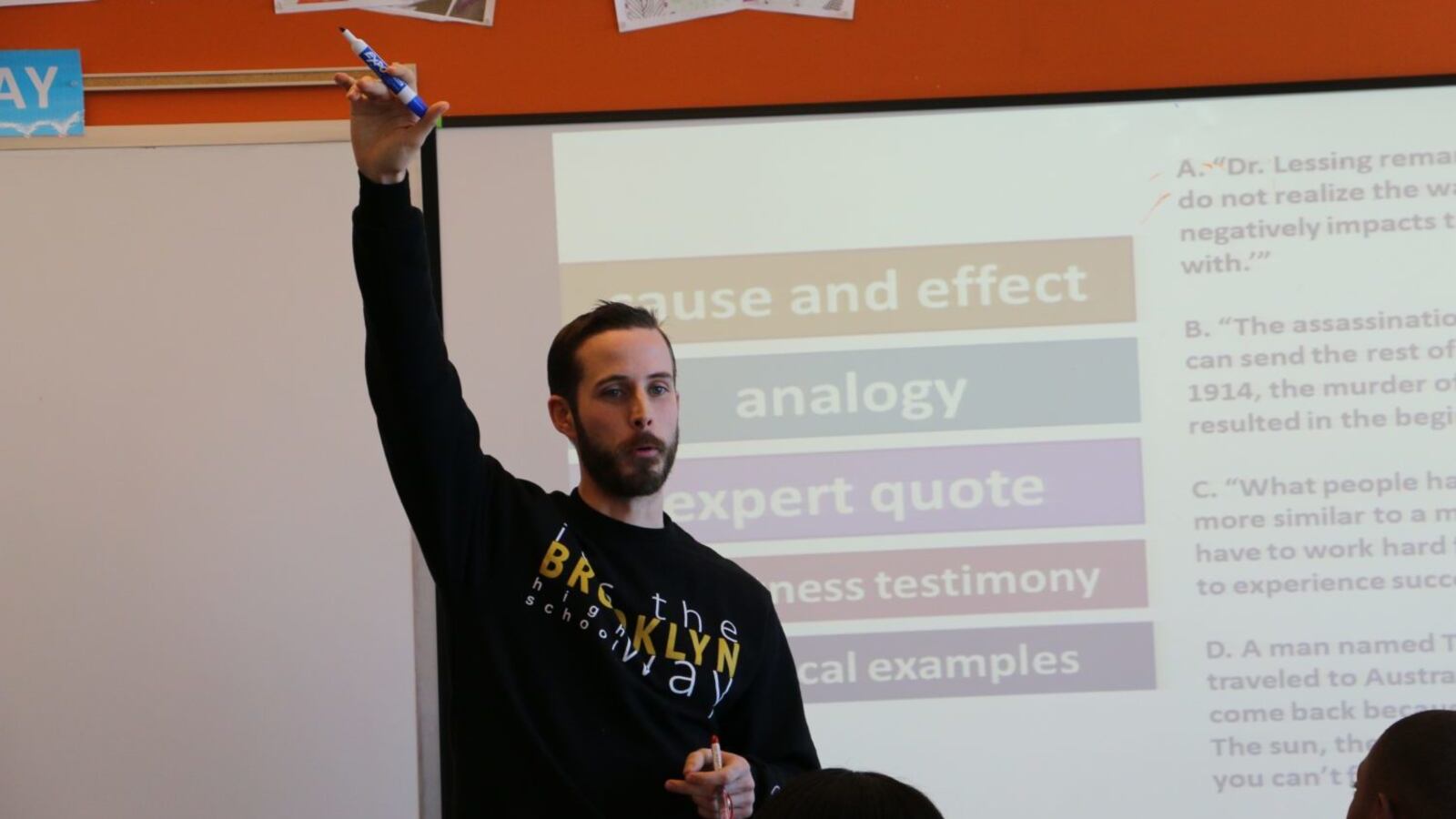The U.S. Department of Education awarded more than $200 million in grants to help 13 charter school networks from across the country expand.
The largest grant, $72 million over five years, went to IDEA charter network, which has been rapidly growing throughout Texas and into other states and has already netted over $200 million in federal awards.
The grants come as charter schools in general, and the federal Charter School Program in particular, have come under intense political pressure.
Democrats in Congress have grown increasingly critical of the program, and — in a shock to charter advocates — the Trump administration recently called to effectively eliminate it by folding it into a block grant to states.
Charter school advocates contend that these schools provide needed options, particularly to students from low-income families, while critics counter that charter growth places financial strain on existing public schools.
Here are the networks that got federal grants.
- The Texas-based IDEA network plans to expand in Texas as well as Florida; Baton Rouge, Louisiana; and Cincinnati, Ohio. The network says it plans to add more than 100 new schools and aspires to become the “largest educator of low-income college graduates in every region where IDEA operates schools.” It has already grown with remarkable speed, and just last year won $116 million from the federal government to grow, on top of $67 million in 2017. IDEA was recently in the news because of plans to spend millions on private jet; the plan was eventually scrapped and its CEO apologized. Chalkbeat profiled IDEA in 2018, and the Houston Chronicle took a more recent look.
- Mater Academy, which has schools in Florida and Nevada, won the second-largest grant — $57.1 million over five years. The school plans to add three dozen schools in Arizona, Florida, Michigan, Nevada, and Texas. Mater Academy, Inc. is a nonprofit, though many of its schools are managed by Academica, a for-profit company.
- Responsive Education Solutions won $40.8 million over five years to create 15 new schools and expand 12 existing ones. The charter network, one of the country’s largest, has schools in Arkansas and Texas. It describes itself as having different school “brands,” including classical academies, virtual schools, and a school for students with autism.
- YES Prep netted $21 million over five years to nearly double enrollment in its Houston schools.
- Achievement First was granted $9.4 million over five years to expand in New York City and Rhode Island. The high-performing network has prioritized helping its students get to and through college, but one of its high schools in New Haven has faced turmoil after its principal was forced to resign. The network recently closed one of its Brooklyn elementary schools because it was under-enrolled.
- Other grant recipients include: Chicago International Charter Schools ($3.8 million), Citizens of the World Charter Schools – Los Angeles ($4.1 million), Sacramento-based Fortune School of Education ($2.9 million), Newark-based Great Oaks Legacy Charter School ($4.9 million), Bakersfield, California-based Grimmway Schools ($4.1 million), Georgia-based Pataula Charter Academy ($1.5 million), Massachusetts-based Pioneer Charter School of Science II ($1.5 million), and Atlanta-based Resurgence Hall ($3 million).
A 2017 study found that Achievement First, IDEA, Mater Academy, and YES Prep had significant positive effects on students’ test scores, relative to nearby schools, while schools affiliated with Responsive Education Solutions and Chicago International Charter Schools led to substantial declines.


